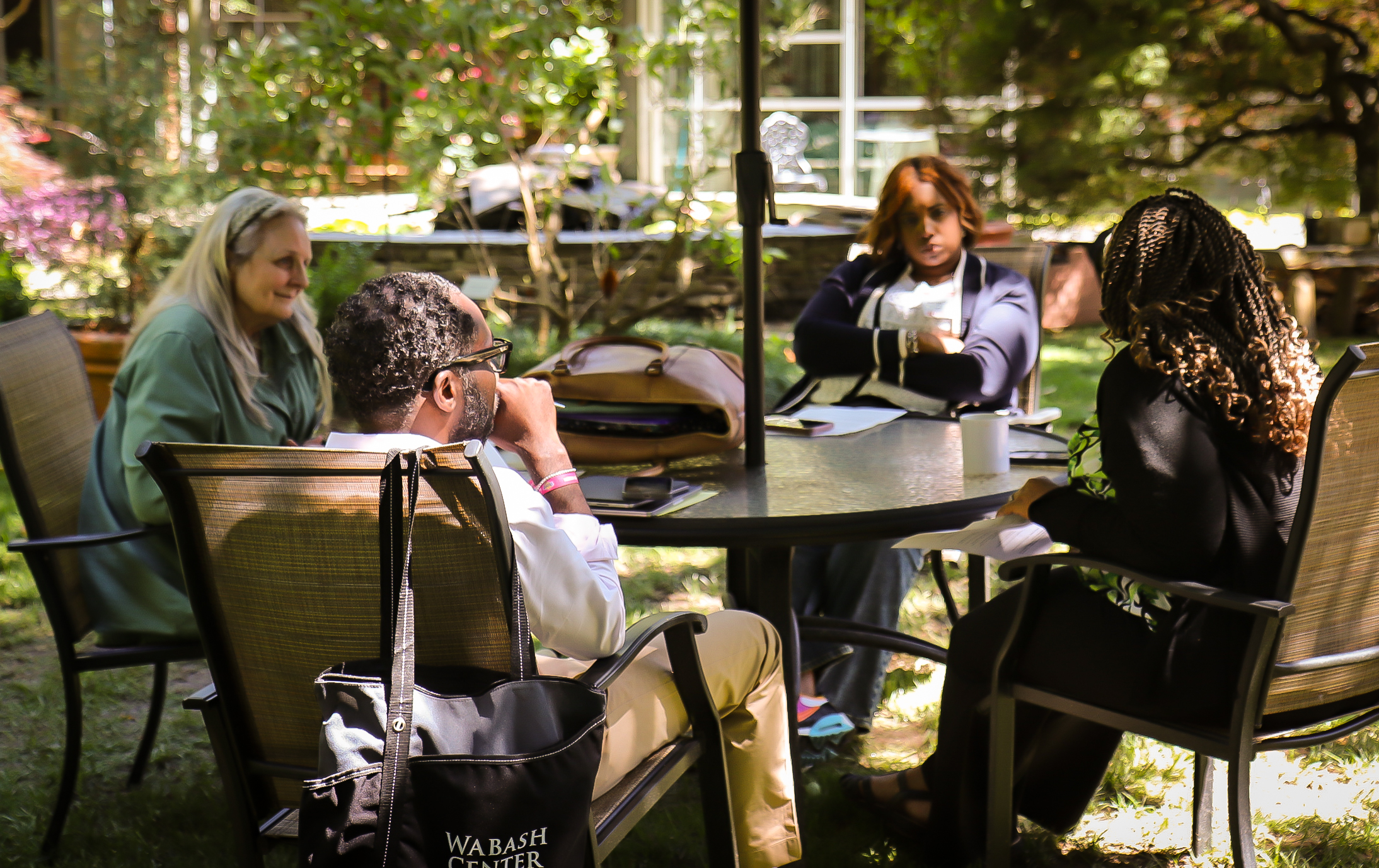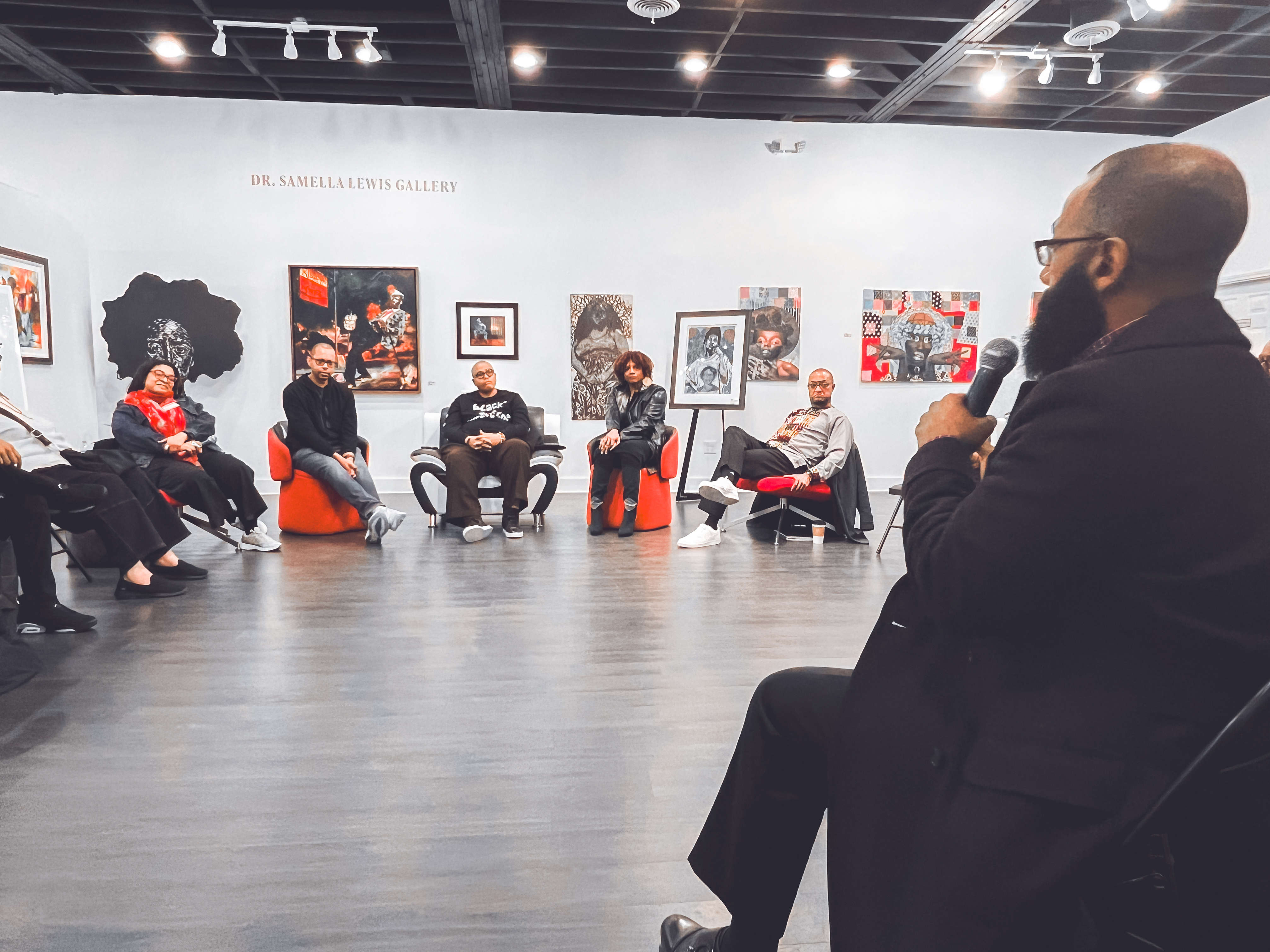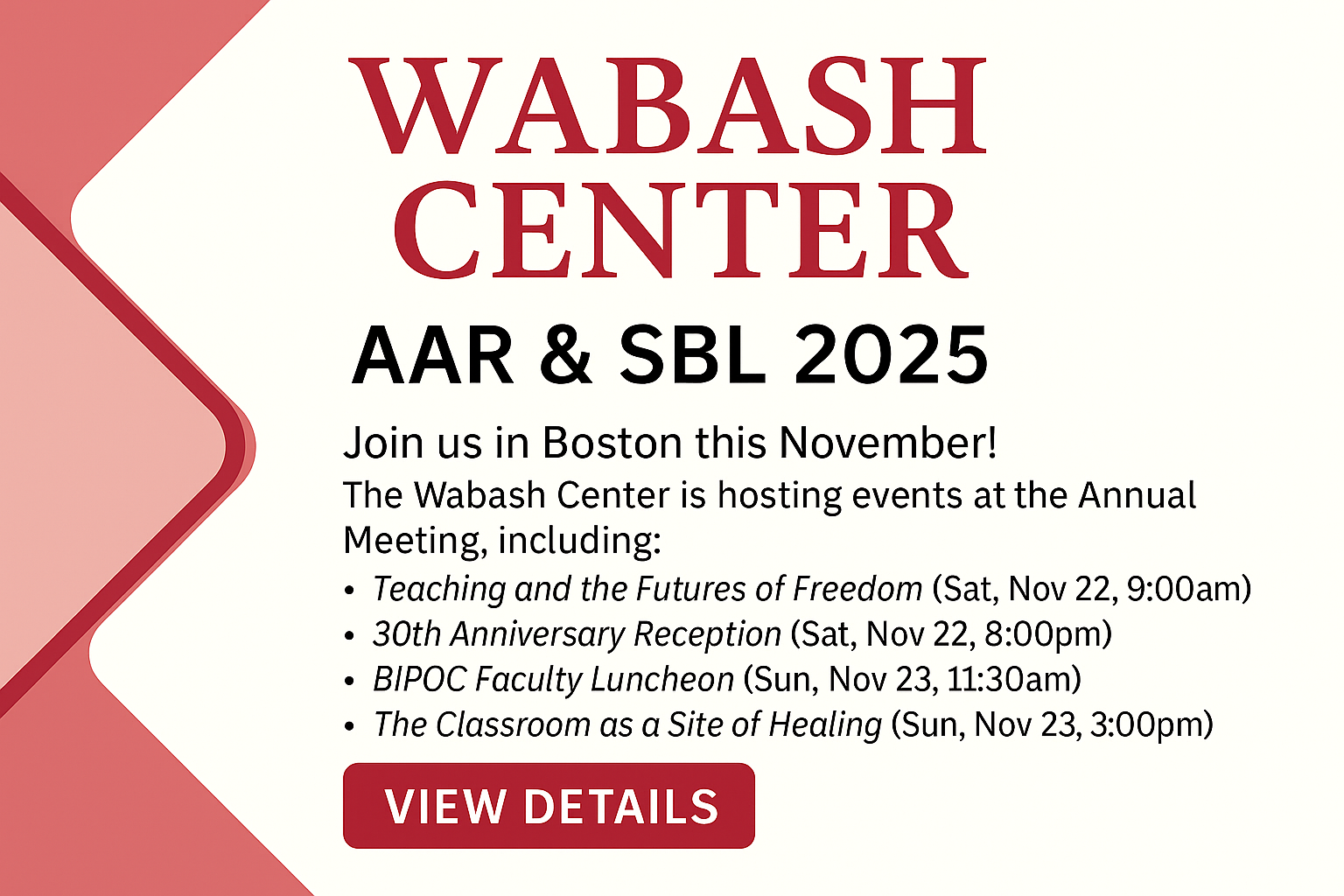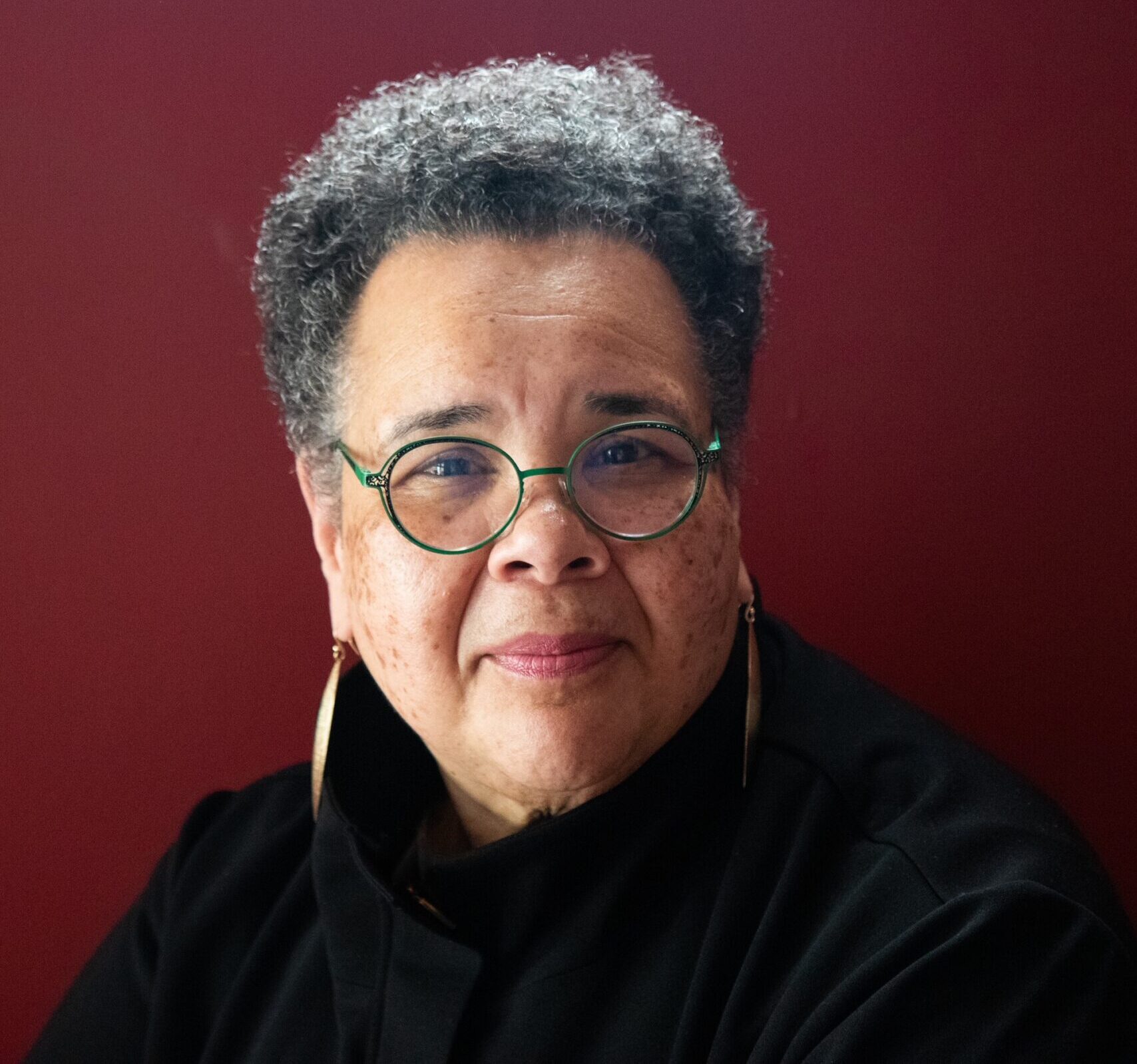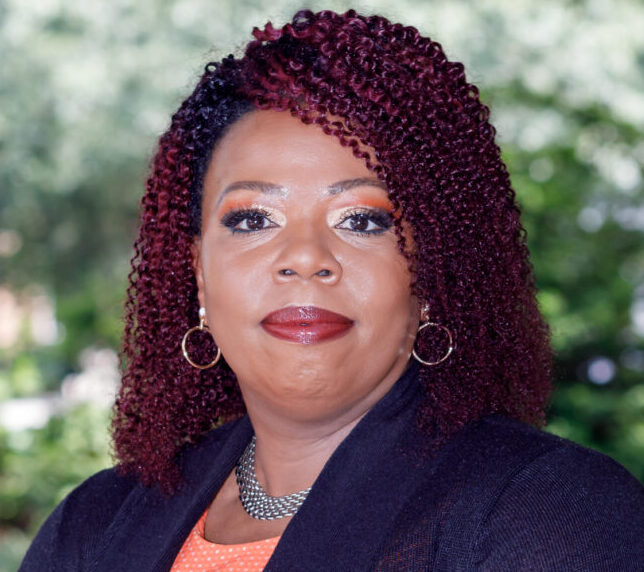Sign Up for our Newsletter
What Our Participants are Saying
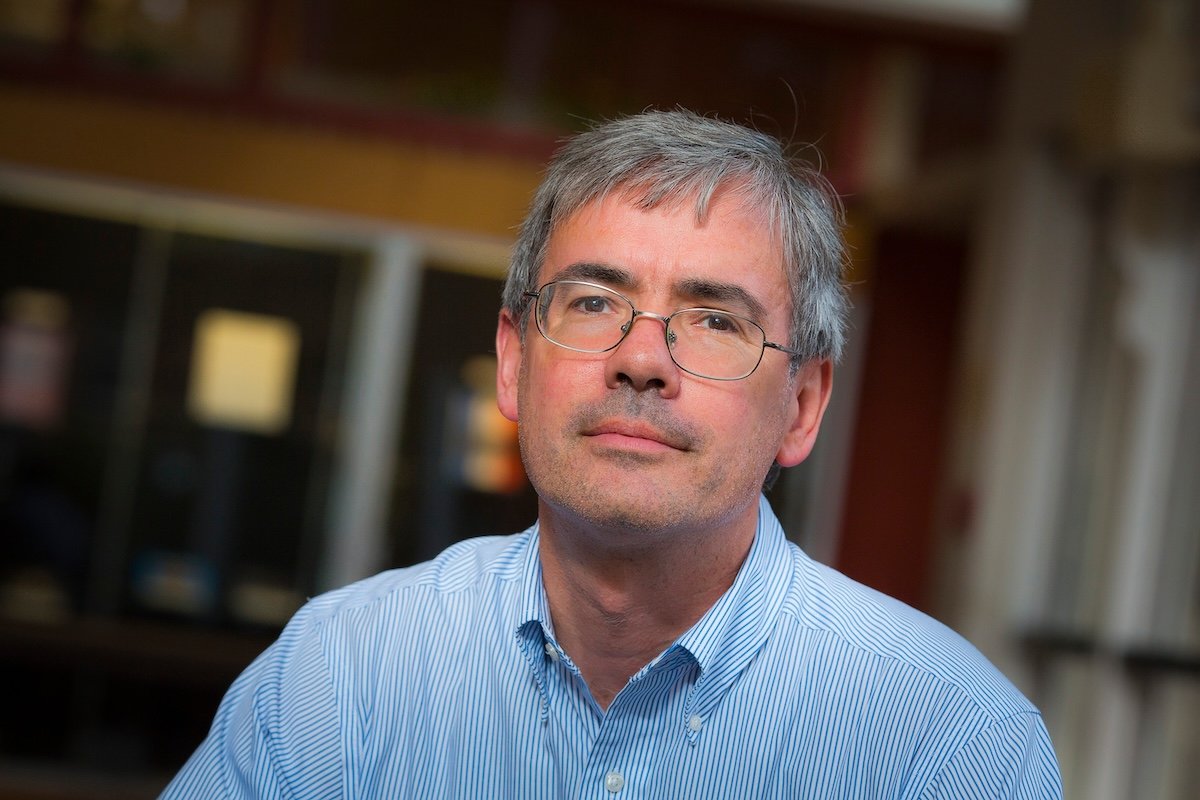
“
I deeply appreciate these opportunities to meet with interesting and creative people and to develop my own work in new ways. Wabash is a real force for pedagogical and intellectual innovation and inspiration, and I am grateful to be associated with the Center.
”
“
I received permission to act as a good citizen in my institution in ways that align with my own needs, wants, aspirations, desires and longing; to work in integrity.
”
“
I give myself permission to take more risks in the classroom and in teaching outside of it. I am empowered to embrace my identity as a teacher even more deeply, and to know in my bones that my teacherly identity is not opposed to my identity as a scholar, but, in fact, my identity as a scholar would not exist without my commitment to teaching.
”